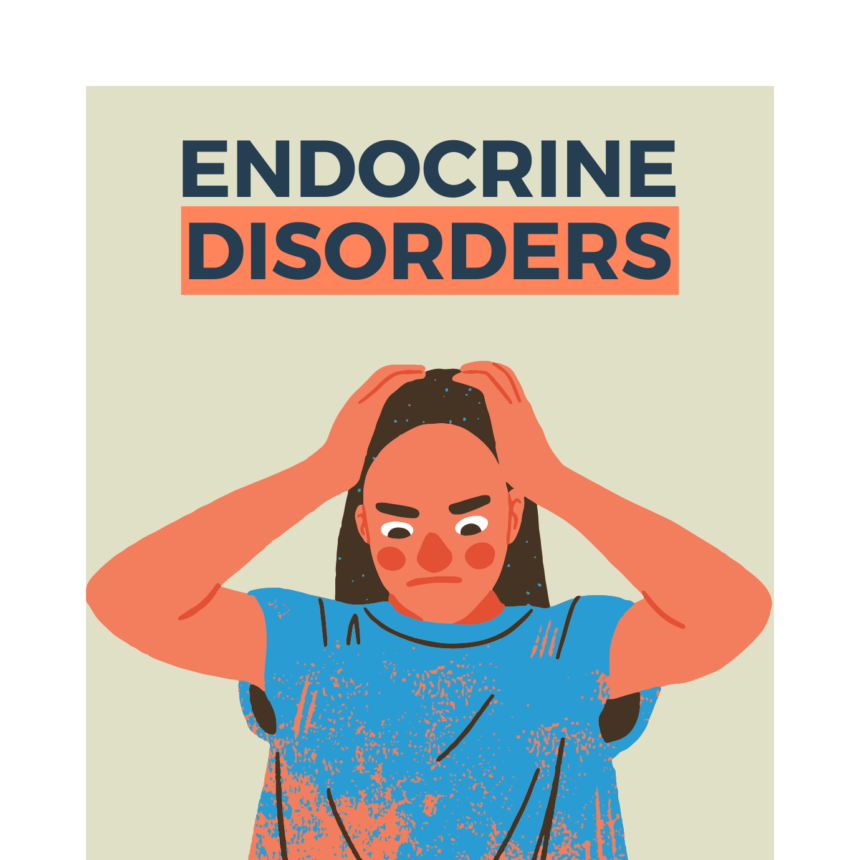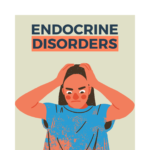Polycystic Ovary Syndrome (PCOS) is a common hormonal disorder that affects people with ovaries, often during their reproductive years. PCOS can lead to a range of symptoms and potential health complications, making it crucial to understand this condition, its causes, and how to manage it effectively.
What is PCOS?
PCOS is characterized by the presence of small, fluid-filled sacs (cysts) in the ovaries. These cysts are actually immature eggs that have not been released during ovulation. PCOS is associated with hormonal imbalances, particularly an excess of androgens (male hormones) like testosterone, and it can have a significant impact on the menstrual cycle and overall health.
Common Signs and Symptoms:
PCOS can manifest differently in each individual, but some common signs and symptoms include:
- Irregular Periods: Menstrual cycles may be infrequent, irregular, or absent.
- Excess Hair Growth: Increased androgen levels can lead to hirsutism, causing excessive hair growth on the face, chest, or back.
- Acne and Oily Skin: Elevated androgens can also contribute to acne and oily skin.
- Weight Gain: Many individuals with PCOS struggle with weight management.
- Hair Thinning: Some experience hair thinning or male-pattern baldness.
- Insulin Resistance: PCOS is often linked to insulin resistance, which can result in elevated blood sugar levels and an increased risk of type 2 diabetes.
- Fertility Issues: Irregular ovulation can make it challenging to conceive.
Causes of PCOS:
The exact cause of PCOS is not fully understood, but it likely involves a combination of genetic and environmental factors. Insulin resistance is believed to play a significant role in the development of PCOS. When the body doesn’t respond well to insulin, it can lead to increased insulin production, which in turn contributes to elevated androgen levels.
Managing PCOS:
While there is no cure for PCOS, it can be effectively managed. Treatment approaches depend on an individual’s specific symptoms and goals but may include:
- Lifestyle Changes: Maintaining a healthy weight through diet and regular exercise can help manage insulin levels and reduce symptoms.
- Medications: Birth control pills or other hormonal medications can regulate periods and reduce androgen levels. Anti-androgen medications may also be prescribed to address symptoms like hirsutism and acne.
- Fertility Treatments: For those trying to conceive, fertility medications or assisted reproductive technologies like in vitro fertilization (IVF) can be options.
- Management of Associated Conditions: Managing conditions like diabetes, high blood pressure, or high cholesterol, which can be associated with PCOS, is essential for overall health.
- Mental Health Support: PCOS can impact mental health. Counseling or support groups can help individuals cope with the emotional aspects of living with this condition.
Conclusion:
PCOS is a complex hormonal disorder that requires a tailored approach to management. Early diagnosis and a comprehensive treatment plan, often involving lifestyle changes and medication, can help individuals with PCOS lead healthier lives and reduce the risk of associated health complications. If you suspect you have PCOS or are experiencing symptoms, consult a healthcare provider for a thorough evaluation and personalized guidance.



